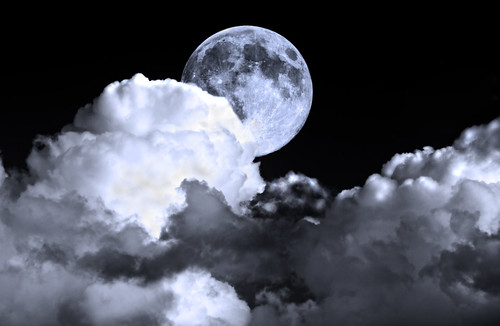A poem without the letter s:
Oh! come to-night; for naught can charm
The weary time when thou’rt away.
Oh! come; the gentle moon hath thrown
O’er bower and hall her quivering ray.
The heather-bell hath mildly flung,
From off her fairy leaf, the bright
And diamond dew-drop that had hung
Upon that leaf — a gem of light.
Then come, love, come!
To-night the liquid wave hath not —
Illumined by the moonlit beam
Playing upon the lake beneath,
Like frolic in an Autumn dream —
The liquid wave hath not, to-night,
In all her moonlilt pride, a fair
Gift like to them that on thy lip
Do breathe and laugh, and home it there.
Then come, love, come!
To-night! to-night! my gentle one,
The flower-bearing Amra tree
Doth long, with fragrant moan, to meet
The love-lip of the honey-bee.
But not the Amra tree can long
To greet the bee, at evening light,
With half the deep, fond love I long
To meet my Nama here to-night.
Then come, love, come!
From George Wakeman, “Tormenting the Alphabet,” Galaxy, 1866.
See also Nevermore.

